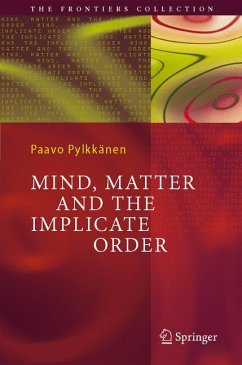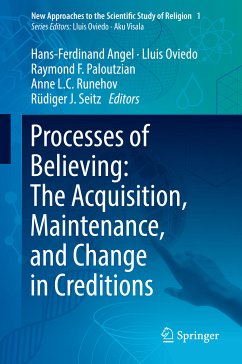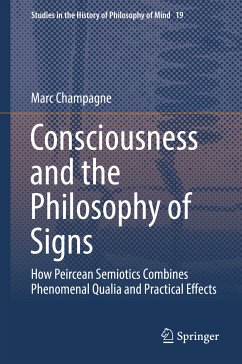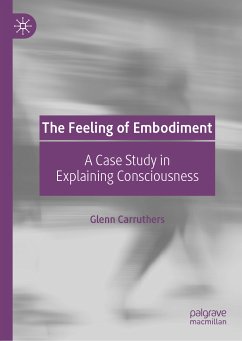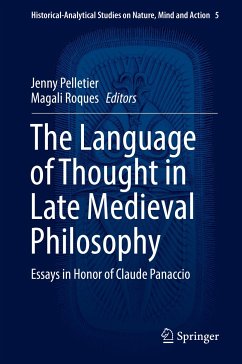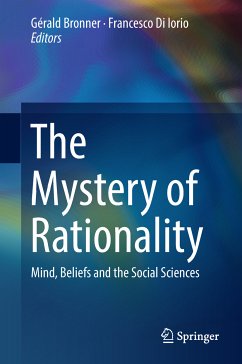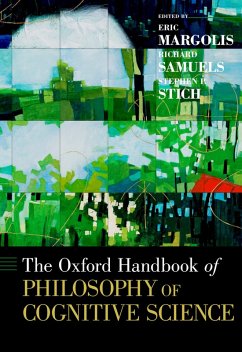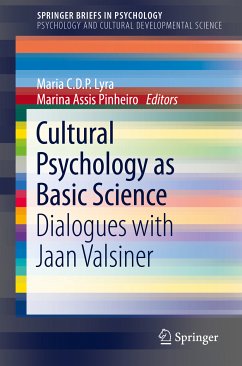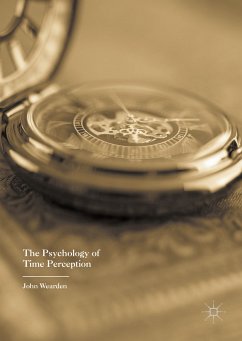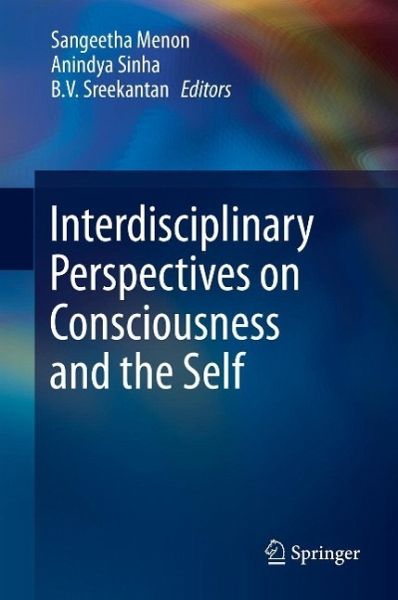
Interdisciplinary Perspectives on Consciousness and the Self (eBook, PDF)
Versandkostenfrei!
Sofort per Download lieferbar
72,95 €
inkl. MwSt.
Weitere Ausgaben:

PAYBACK Punkte
36 °P sammeln!
This book brings together ancient spiritual wisdom and modern science and philosophy to address age-old questions regarding our existence, free will and the nature of conscious awareness.Stuart Hameroff MD Professor, Anesthesiology and Psychology, and Director, Center for Consciousness StudiesThe University of Arizona, Tucson, ArizonaThis book presents a rich, broad-ranging overview of contemporary research and scholarship into consciousness and the self.... It is ... to their credit that the editors have assembled a highly stimulating set of scholars whose expertise cover all the relevant are...
This book brings together ancient spiritual wisdom and modern science and philosophy to address age-old questions regarding our existence, free will and the nature of conscious awareness.
Stuart Hameroff MD Professor, Anesthesiology and Psychology, and Director, Center for Consciousness Studies
The University of Arizona, Tucson, Arizona
This book presents a rich, broad-ranging overview of contemporary research and scholarship into consciousness and the self.... It is ... to their credit that the editors have assembled a highly stimulating set of scholars whose expertise cover all the relevant areas. I strongly recommend the book to anyone with an interest in understanding the directions in which contemporary thinking about the nature of consciousness is headed.
B. Les Lancaster
Emeritus Professor of Transpersonal Psychology
Liverpool John Moores University, UK
This volume is a collection of 23 essays that contribute to the emerging discipline of consciousness studies with particular focus on the concept of the self. The essays together argue that to understand consciousness is to understand the self that beholds consciousness. Two broad issues are addressed in the volume: the place of the self in the lives of humans and nonhuman primates; and the interrelations between the self and consciousness, which contribute to the understanding of cognitive functions, awareness, free will, nature of reality, and the complex experiential and behavioural attributes of consciousness. The book presents cutting-edge and original work from well-known authors and scholars of philosophy, psychiatry, behavioural sciences and physics. This is a pioneering attempt to present to the reader multiple ways of conceptualizing and thus understanding the relation between consciousness and self in a nuanced manner.
Stuart Hameroff MD Professor, Anesthesiology and Psychology, and Director, Center for Consciousness Studies
The University of Arizona, Tucson, Arizona
This book presents a rich, broad-ranging overview of contemporary research and scholarship into consciousness and the self.... It is ... to their credit that the editors have assembled a highly stimulating set of scholars whose expertise cover all the relevant areas. I strongly recommend the book to anyone with an interest in understanding the directions in which contemporary thinking about the nature of consciousness is headed.
B. Les Lancaster
Emeritus Professor of Transpersonal Psychology
Liverpool John Moores University, UK
This volume is a collection of 23 essays that contribute to the emerging discipline of consciousness studies with particular focus on the concept of the self. The essays together argue that to understand consciousness is to understand the self that beholds consciousness. Two broad issues are addressed in the volume: the place of the self in the lives of humans and nonhuman primates; and the interrelations between the self and consciousness, which contribute to the understanding of cognitive functions, awareness, free will, nature of reality, and the complex experiential and behavioural attributes of consciousness. The book presents cutting-edge and original work from well-known authors and scholars of philosophy, psychiatry, behavioural sciences and physics. This is a pioneering attempt to present to the reader multiple ways of conceptualizing and thus understanding the relation between consciousness and self in a nuanced manner.
Dieser Download kann aus rechtlichen Gründen nur mit Rechnungsadresse in A, B, BG, CY, CZ, D, DK, EW, E, FIN, F, GR, HR, H, IRL, I, LT, L, LR, M, NL, PL, P, R, S, SLO, SK ausgeliefert werden.




